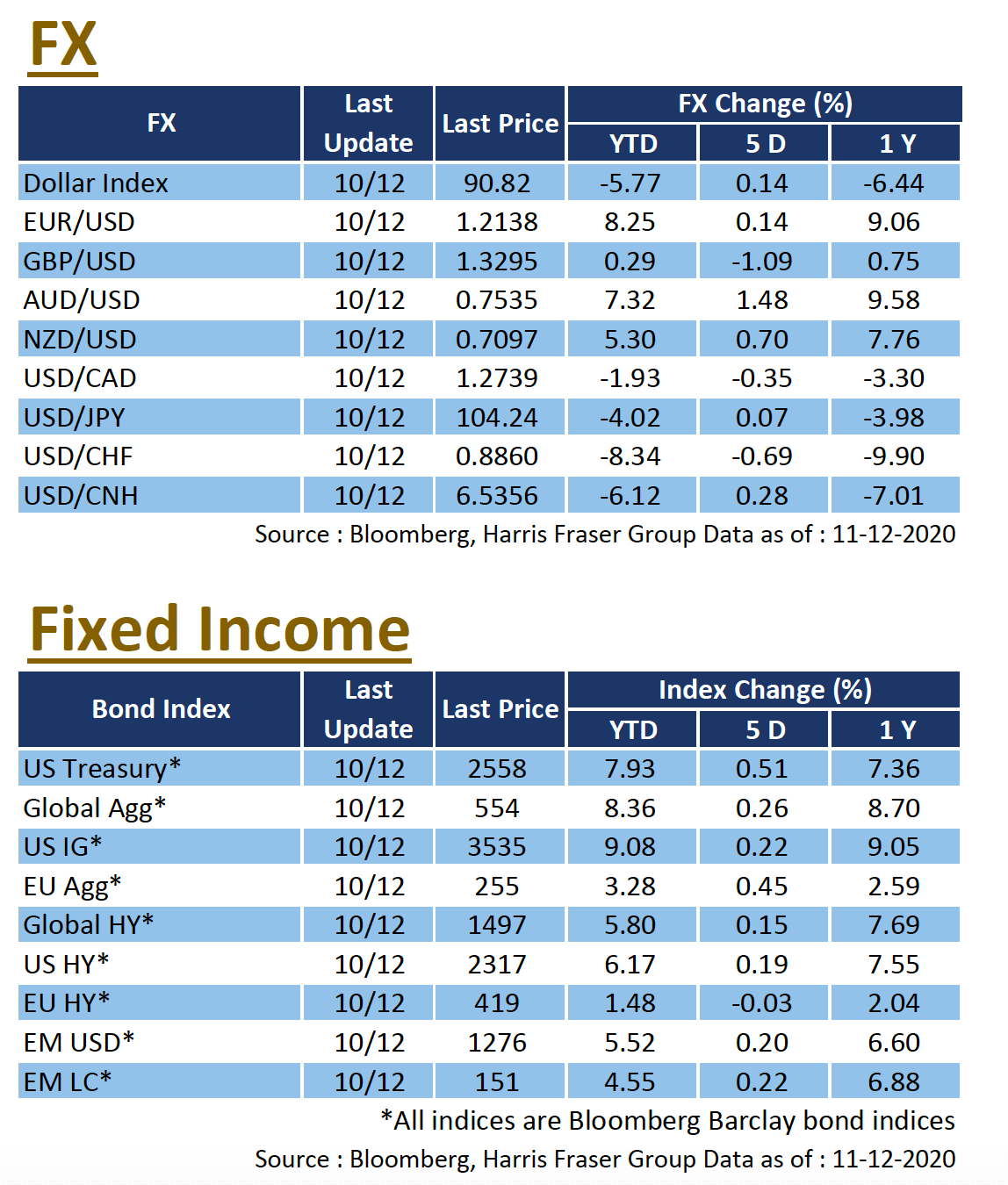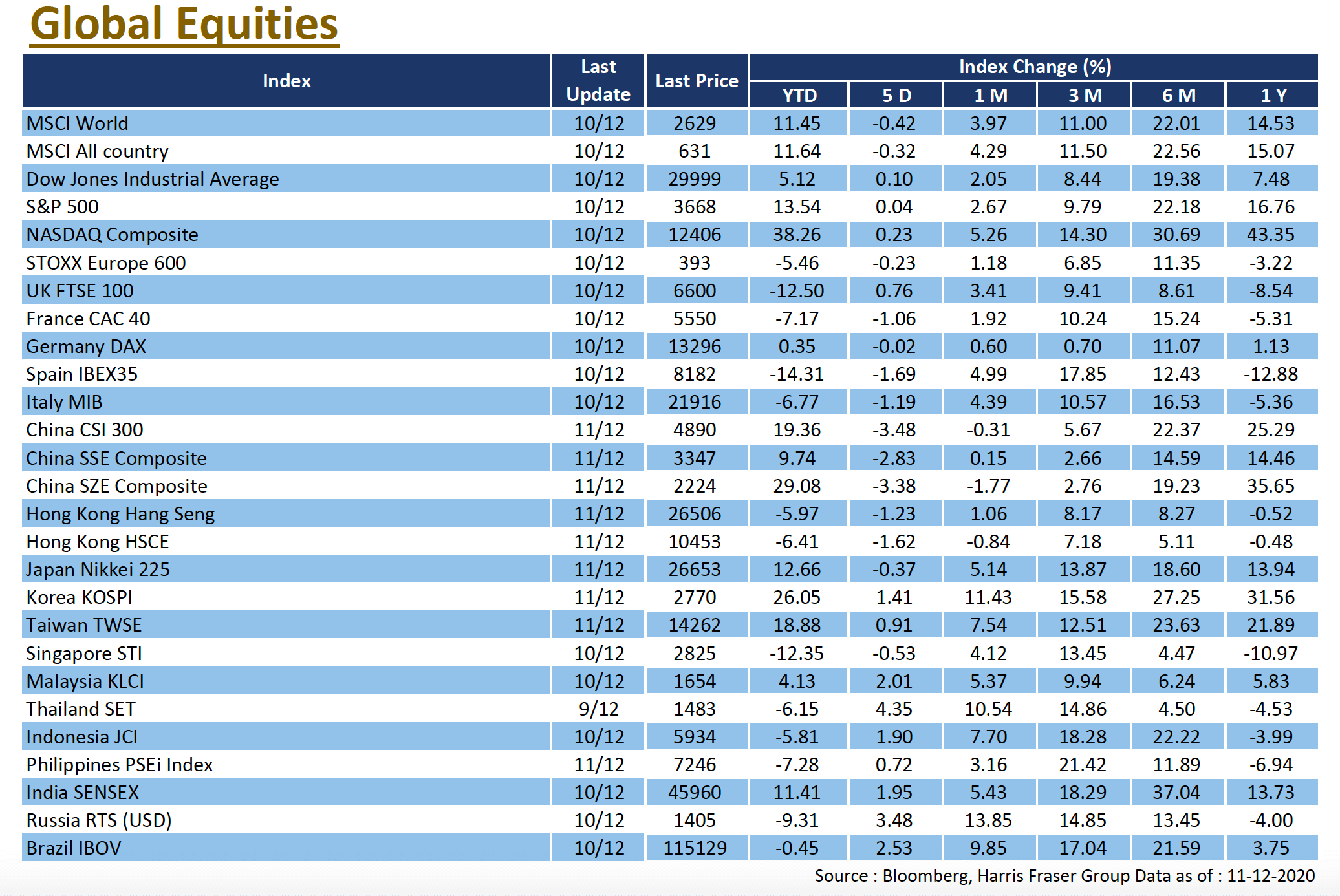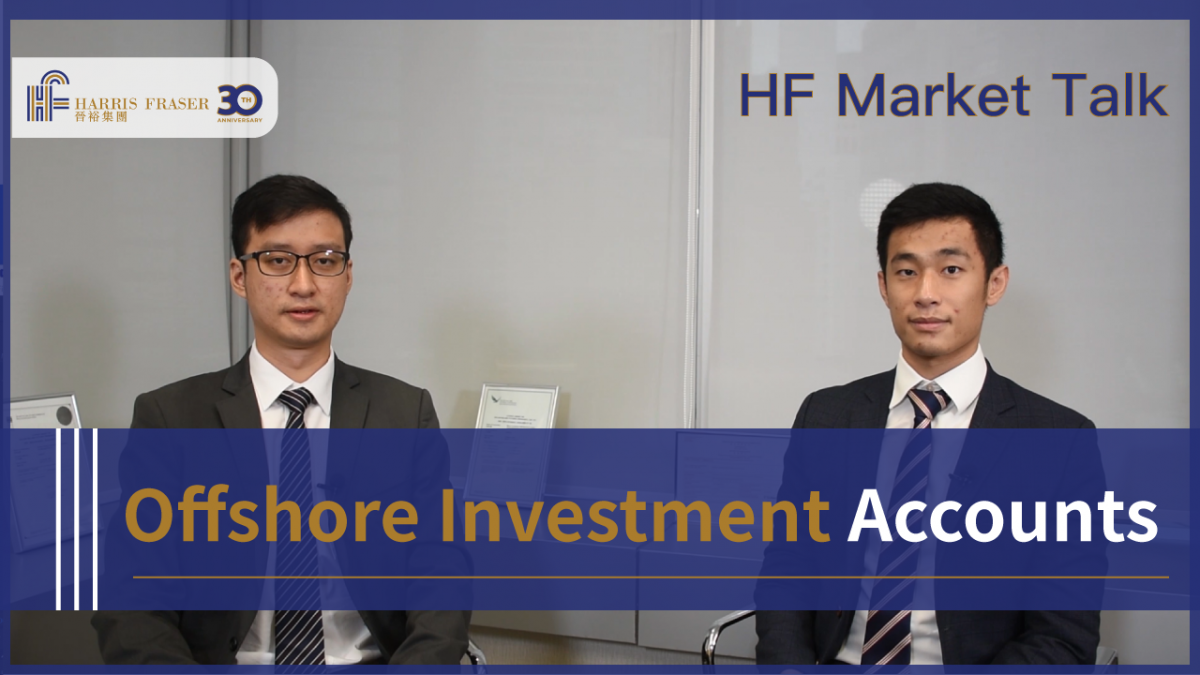Residential transactions in Hong Kong declined by 5.4 percent to HK$489.49 billion from a year ago for the first 11 months, while the number of deals dropped by 4.9 percent to 53,813, data from the Land Registry showed. They are both the lowest readings since 2016.
The official private home price index, meanwhile, fell by 0.6 percent to 380.9 in October, a half-year low, according to the Rating and Valuation Department. But that was still 0.44 percent higher than December last year, before the outbreak of the Covid-19 pandemic.
Investment sentiment seems to be further boosted after Hong Kong government said it had no plans to cut stamp duty on residential properties. Before the fourth-wave of virus infections, developers sold more than 4,100 new units in the last two months as hundreds of homebuyers lined up to visit show flats every weekend.
However, the boom in the primary market in October and November was largely thanks to developers' sale strategies, especially attractive mortgage plans, says Alva To Yu-hung, vice-president and head of consulting in Greater China at Cushman & Wakefield. That came after the government relaxed rules to allow buyers to borrow up to 80 percent on a new property worth HK$10 million in October last year.
"But that would not happen in the second-hand market. And that's why a lot of purchasing power shifted to the primary market which makes people feel that the market was very good,'' To says. The secondary market is hard hit by the pandemic. "You can still see in the newspapers every day that a lot of second-hand transactions are 5 or 6 percent below market price," he says.
Cushman & Wakefield expects a 10 percent drop in prices of major real estates for 2020, as the local unemployment rate remains at a 15-year high of 6.4 percent. To projects the prices will drop by another 5 percent in the first quarter next year, as a new wave of lay-offs begins after the government-fund wage subsidies ended.
The situation might stabilize in the second quarter, To says, but it is too early to forecast the second half, given uncertainties of an effective vaccine and the local economy.
However, there might be more upside potential for the mid-to-long-term property market due to the supply shortage, says Steven Wong Tsz-san, senior investment analyst at Harris Fraser.
The government slashed the ten-year housing supply target by 4.4 percent to 430,000 at the end of 2019. It has adjusted the split of public and private homes from 60:40 to 70:30 two years ago. The move could further slash private flat supply and support its price, Wong says.
In the latest Policy Address, the government said it will sell 4,700 flats under the Green Form Subsidized Home Ownership Scheme in phases next year. But whether it could deliver the plan remains uncertain especially given the disruption from Covid-19, according to Carie Li Ruofan, the economist of OCBC Wing Hang Bank. She expects residential property prices to grow by up to 5 percent in 2021, boosted by the scarce supply and the lower interest rate.
In the 2019 Long Term Housing Strategy Annual Progress Report, the government said it plans to provide around 301,000 public housing units and 129,000 private units in the coming decade.
Wong and his team estimate the basic annual demand for the private home is 21,400 per year, based on the number of DSE candidates and one-way permit holders, which might result in a shortfall of 85,000 for the next decade.
He projects Hong Kong home prices will rise by 10 percent in 2021 if a coronavirus vaccine could bring the local economy back to growth.
The Centa-City Leading Index, which tracks second-hand transaction prices compiled by Centaline Property Agency, climbed by almost 5 percent from March to July, when infections declined to single digit ahead of the third wave of Covid-19, which indicates the market could bounce back quickly if the economy reopens, he says.
Despite hopes of a fast recovery, there are also concerns about people selling homes to emigrate, due to intensified political tension in the city. More than 26,000 second-hand houses were available for sale on Centaline Property last month, surging by 44 percent from a year ago, the agent says.
But To does not think that will affect property price to a big extent. Those emigrating could be mainly young people, instead of property owners, he says. "There might be some people worried about the future of Hong Kong, but that will not be the majority," To adds.
While some leave, it does not mean they will sell properties, Wong says. Those who sold homes before the 1997 handover would not have benefited from the rally since then. And people may just change nationality and continue to live and invest in the city, he says.
In the worst scenario, Wong estimates that emigrants will increase by 3,000 per year, from an average of 9,248 between 2014 and 2018, based on the application number of Certificate of No Criminal Conviction. However, that will be offset by newcomers such as one-way permit holders and foreigners in a post-pandemic period, he says.

Source: The Standard
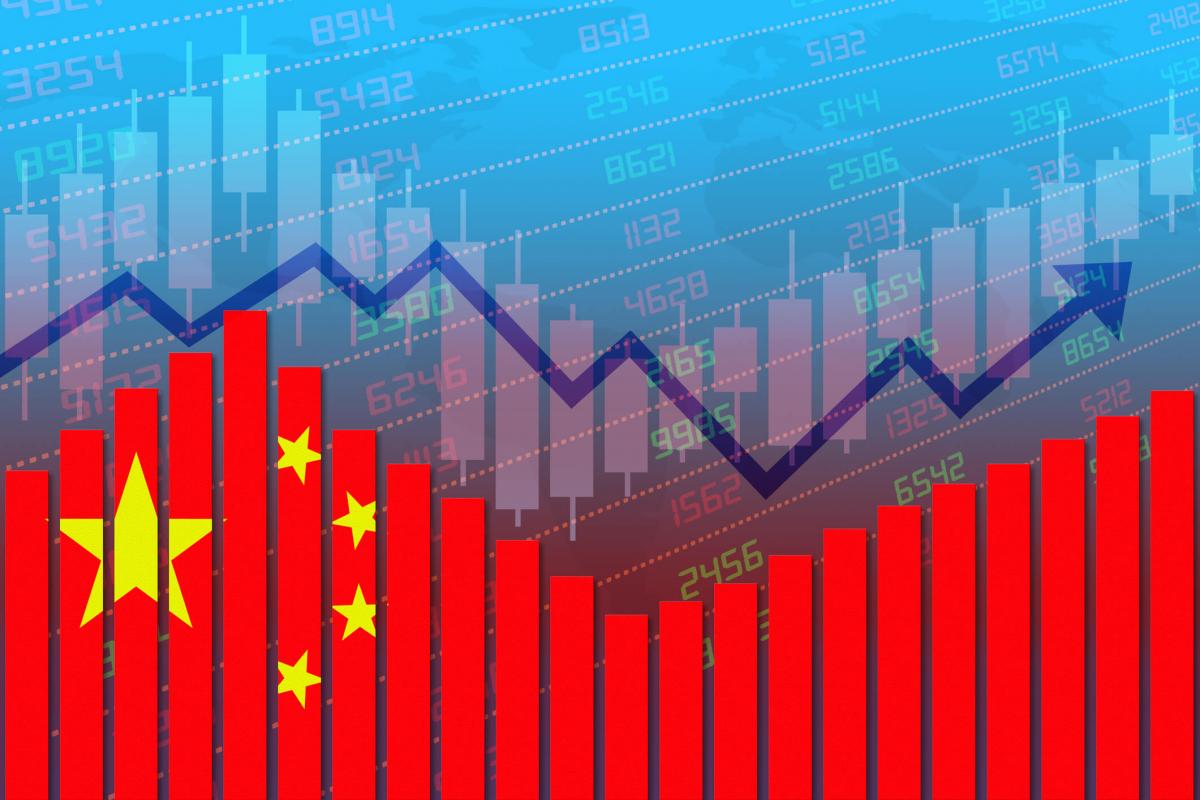
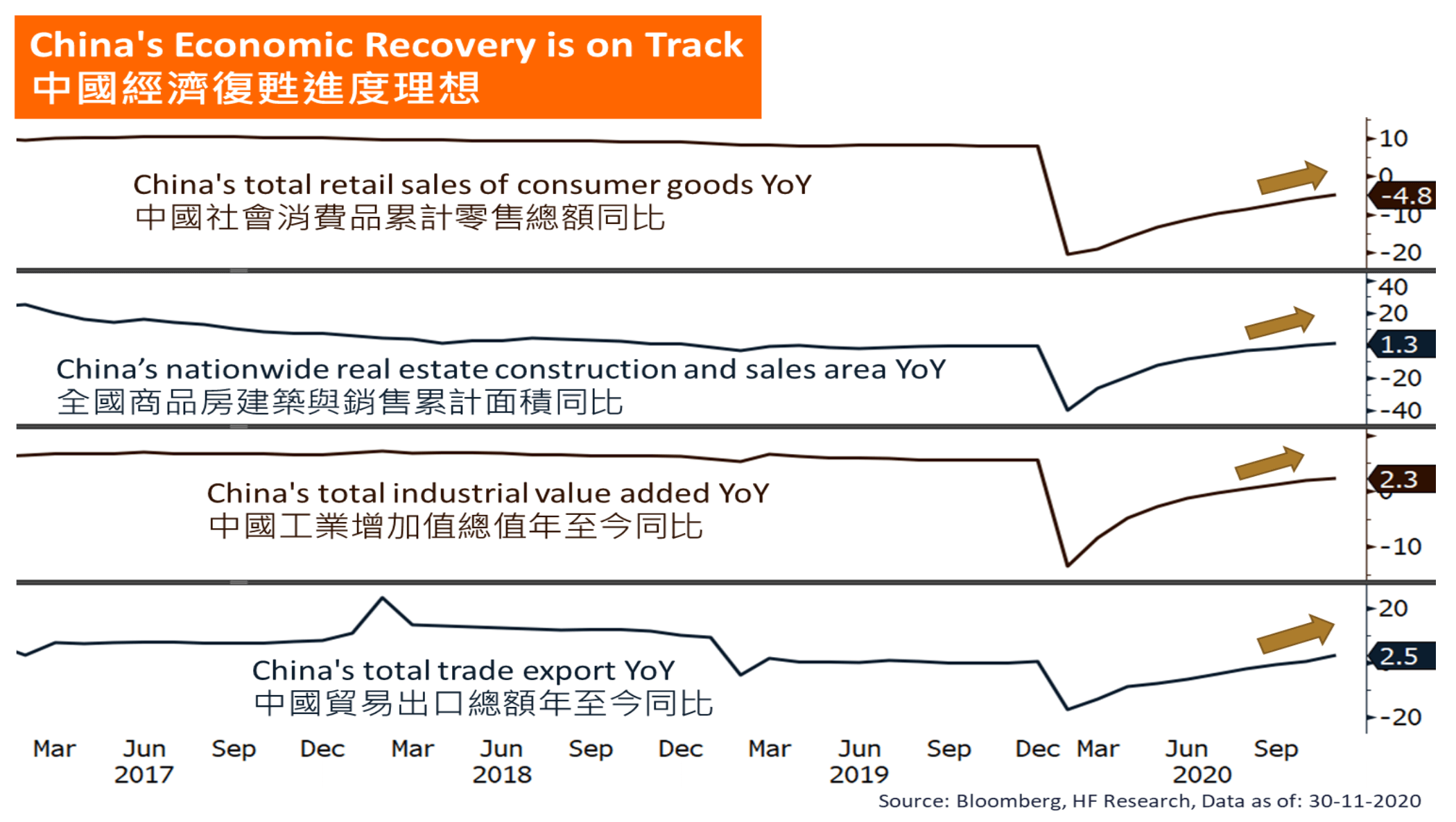



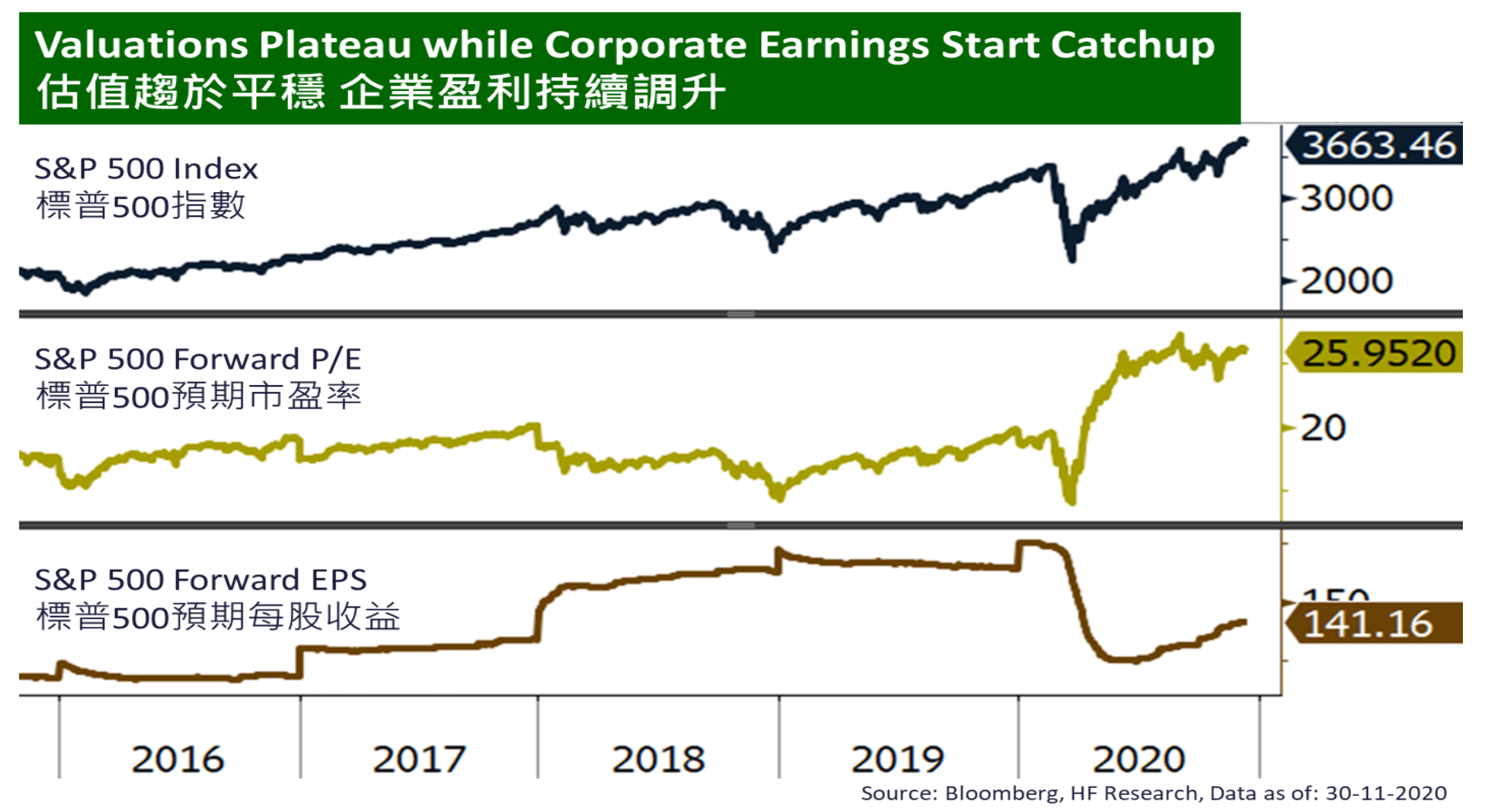

 US
US Europe
Europe China
China